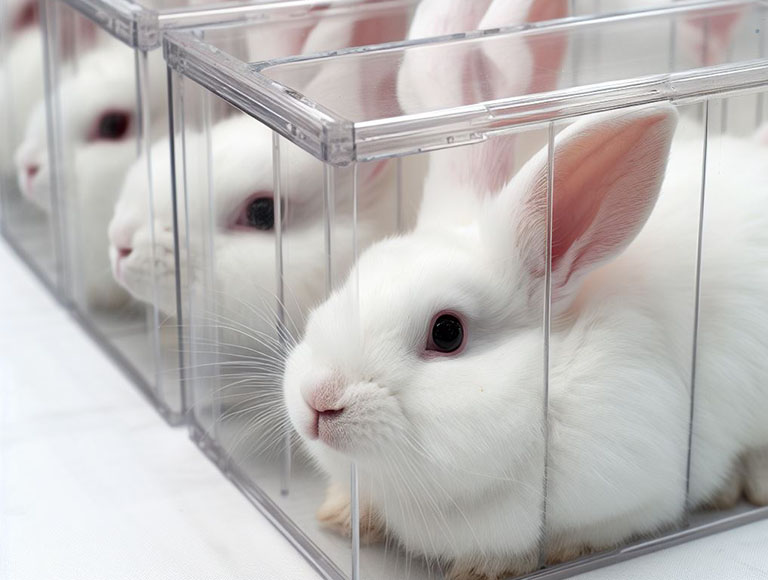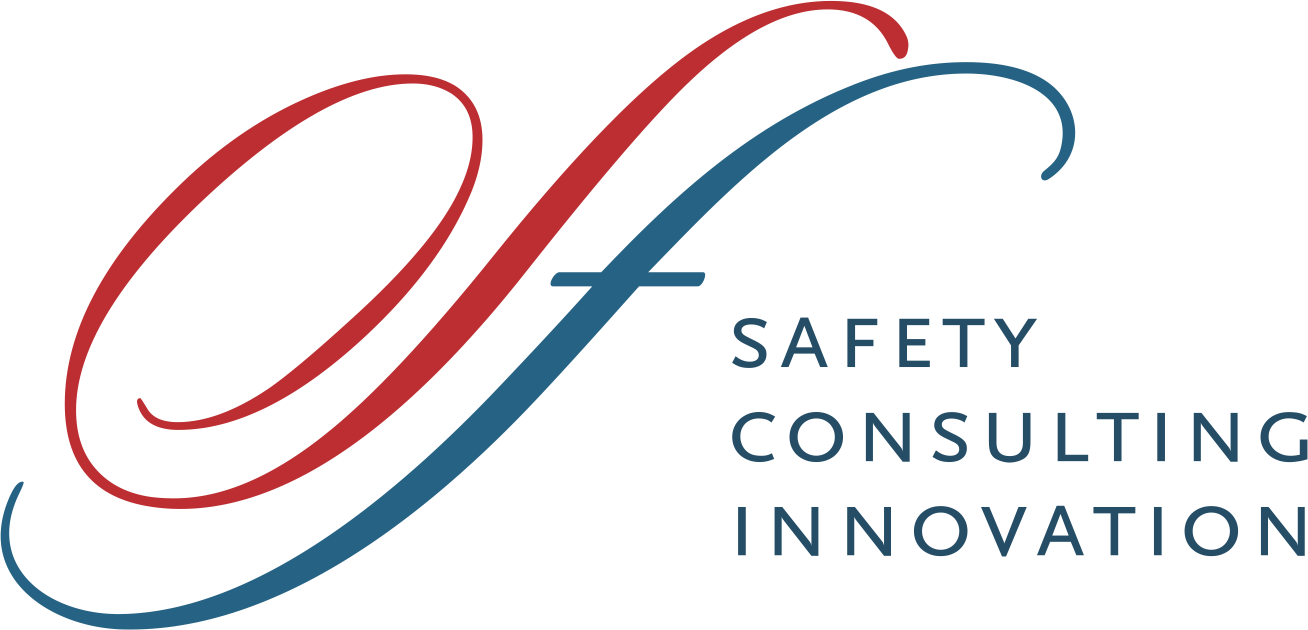|
Getting your Trinity Audio player ready...
|

Brazil has taken important steps in replacing, reducing and refining the use of animals in tests for scientific and regulatory purposes, implementing the 3Rs concept.
BraCVAM (Brazilian Center for Validation of Alternative Methods), National Network of Alternative Methods (RENAMA), the National Council for the Control of Animal Experimentation (CONCEA) and the National Health Surveillance Agency (ANVISA) play crucial roles in this process.
BraCVAM validates non-clinical methods, RENAMA lists national laboratories that can implement the methods, CONCEA recognizes methods validated through Normative Resolutions, and ANVISA accepts methods for evaluating the safety of substances and their mixtures, depending on the regulated sector (pesticides, food, medicines, cosmetics or sanitizing products).
ABDI (Brazilian Industrial Development Agency) launched a compendium on “Alternative Methods for the Use of Animals in Research Recognized in Brazil”. Access: https://api.abdi.com.br//file-manager/upload/files/low_res_abdi_livro.pdf
BraCVAM
https://www.bracvam.fiocruz.br/
Brazilian Center for Validation of Alternative Methods) is located at Fundação Oswaldo Cruz (FIOCRUZ), in Rio de Janeiro, Brazil, and its main function is to assist in the validation process of new alternative methods to animal testing developed in Brazil or in other countries .
RENAMA
National Network of Alternative Methods of the Ministry of Science, Technology and Innovation (MCTI)'s main objective is to organize the structure of public or private laboratories that can carry out tests non-clinical in Brazil. There are currently 48 associated laboratories and 3 central laboratories
CONCEA
The National Council for the Control of Animal Experimentation (CONCEA) of the MCTI is responsible for monitoring and evaluating the introduction of alternative techniques that replace the use of animals in teaching and research.
Normative Resolution No. 54 of 01/10/2022 stipulates a period of up to 5 years for people to implement alternative methods (AM) recognized by CONCEA.
Institutions that use animals (mainly universities) that do not implement alternative methods recognized by CONCEA may suffer administrative penalties with fines of up to R$20,000.00.
MAs are listed in the following resolutions:
– Normative Resolution No. 18 of 09/24/2014;
– Normative Resolution No. 31 of 08/18/2016;
– Normative Resolution No. 45 of 10/22/2019;
– Normative Resolution No. 56 of 10/05/2022.
With Resolution No. 58 of 02/24/2023, CONCEA prohibits the use of vertebrate animals (with the exception of humans) in scientific research, development and control of cosmetic products that use in their formulations ingredients or compounds with safety and efficacy that have already been scientifically proven. and takes other measures.
ANVISA
https://antigo.anvisa.gov.br/legislacao#/visualizar/29381
The Resolution of the Collegiate Board of the National Health Surveillance Agency (ANVISA) RDC No. 35 of 08/07/2015 provides for the acceptance of AM for animal experimentation recognized by CONCEA that aim to replace, reduce or refine the use of animals in activities research, under the terms of Law No. 11,794, of October 8, 2008, and its regulations.
Access:
CONCEA: https://www.gov.br/mcti/pt-br/composicao/conselhos/concea ANVISA: https://www.gov.br/anvisa/pt-br
Challenges:
- Spread knowledge about alternative methods and their benefits.
- Train professionals to use these methods.
- Update legislation to keep up with the rapid pace of scientific development.
- Ensure the quality and reliability of alternative methods.
To minimize these challenges, SF Safety Consulting & Innovation works to prepare technical dossiers for cosmetic ingredients and products, including safety and efficacy assessments that include the following activities:
- Evaluate the safety of ingredients and cosmetic products before being placed on the market.
- Indicate methods and guidelines described by the OECD and suggested by ANVISA, Mercosul and FDA.
- Recommend testing strategies based on each client's brief.
- Carry out monitoring of tests in private, public and university laboratories, based on the test protocol pre-defined with the client.
- Offer support in the development of innovative concepts for cosmetics.
- Develop concepts arising from customer demands, or innovation proposals, whether from Brazilian biodiversity or new technologies, through testing strategies.
Want to know more about this subject?
- Visit our website: https://sfsafetyconsulting.com.br
- Follow our social media pages on Facebook and Instagram.
SF Safety Consulting.
Passion for knowledge and science.
